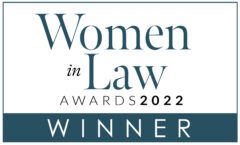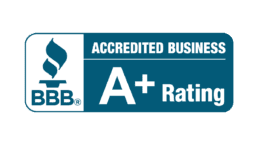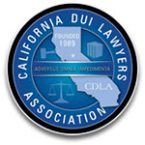California Home Health Aide Professional License Defense
The Professional Certification Branch (PCB), Aide and Technician Certification Section (ATCS) within the California Department of Public Health (CDPH) is primarily responsible for the certification of home health aides by ensuring applicants adhere to the California Health and Safety Code, Section 1725 – 1742. The Professional Certification Branch at the CDPH administers the certification of home health aides (HHAs) and conducts investigations of complaints against them and the criminal record clearance of these health care professionals.
Home health aides (HHA) are unlicensed individuals who are employed by home health agencies or hospice programs to provide patients with personal care services in their homes. A home health aide must complete a state-approved training program or equivalent competency evaluation program approved by the California Department of Public Health. Prospective home health aides are also required to be fingerprinted. California uses a Live Scan process. Live Scan requests are sent to the CA Department of Public Health (along with other application materials) after an individual enrolls in an approved HHA training program. Home Health Aides must renew their HHA certification every two years.
Misconduct reports for HHA’s can be made by a patient, patient-advocate (third-party) or by another caregiver and are submitted to the California Department of Public Health (CDPH) Investigation Section. Complaints can be made anonymously online via the California Health Facility Information Database (Cal Health Find) on the CDPH website by calling the complaint hotline at 916-492-8232 or the main PCB line at 916-445-4423 or by email, fax, or mail.
CDPH documents every complaint received in an electronic tracking system and assigns it to a health facilities evaluator supervisor, a registered nurse who classifies the allegation. Complaint categories range from resident/patient abuse and quality of care/treatment to dietary services and resident/patient rights.
The health facilities evaluator supervisor prioritizes the complaint based on content, the immediacy, the risk of the allegation in question, and the state statutes and federal requirements that CDPH enforces. Depending on the allegation, CDPH might also refer the complaint to other governmental agencies, such as the Department of Justice’s Bureau of Medi-Cal Fraud and Elder Abuse and the CDPH functions as the survey agency for the federal Centers for Medicare and Medicaid Services.
In cases involving a threat of imminent danger of death or serious bodily harm (called an “immediate jeopardy” situation); CDPH is required by law to go on site within 24 hours for long-term-care facilities and providers and within 48 hours for hospitals and other non-long-term-care providers. The law also spells out completion timelines for long-term care complaint investigations. Those involving threats of imminent danger, death, or serious bodily harm must be closed within 90 days of receipt, with up to 60 additional days for extenuating circumstances.
For all other long-term care complaints, the department must complete their investigations within 60 days of receipt of the complaint) with a possible additional 60-day extension).
Complaints about HHAs are investigated by an assigned health facilities evaluator nurse primarily in person with other CDPH staff members (doctors, pharmacists, dieticians, occupational therapists, and medical records experts) potentially joining in the investigative process. Investigators always also contact the complainant. Surveyors use several sources to determine regulatory compliance, including Title 42 of the Code of Federal Regulations, Title 22 of the California Code of Regulations, the California Health and Safety Code, CMS’ State Operations Manual, and CDPH’s own policies and procedures. The results of the investigation are mailed to the facility or provider and to the complainant within 10 business days from exiting the facility.
Investigations conclude once the surveyor determines the severity and scope of the complaint and supporting evidence of harm. Surveyors classify investigative results into one of 4 categories which also determine whether any sort of state or federal enforcement action or administrative penalty is appropriate:
- No actual harm with potential for minimal harm;
- No actual harm with potential for more than minimal harm that is not immediate jeopardy;
- Actual harm that is not immediate jeopardy and;
- Immediate jeopardy to resident health or safety.
If you are a California Home Health Aide (HHA) who has been charged with a crime or is facing possible suspension, revocation of your certification or who has had your certification application denied, you should contact an experienced licensing lawyer immediately. An experienced licensing and criminal defense attorney who understands how to both handle your criminal case and defend your professional HHA certification will allow you to continue to practice your profession and also defend your career and your livelihood.
The Law Offices of Lucy S. McAllister have successfully represented and defended a wide range of California health care professionals. We are experienced in handling all types of certification authority accusations and licensing issues as well as criminal cases. Let us help you protect your professional certification, your reputation, and your livelihood.
For additional information or to schedule a consultation, please contact our law offices today at (877) 280-9944.














